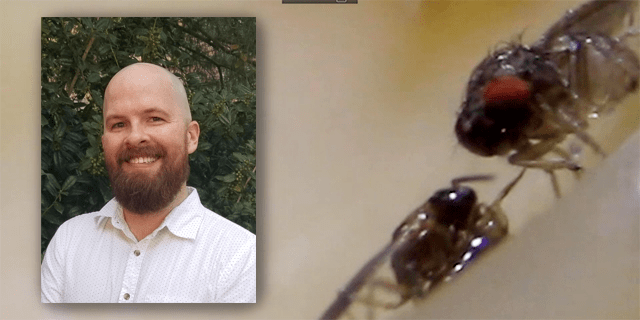Mississippi researchers discover new ‘horrifying’ wasp species that lays eggs inside fruit flies
Published 2:25 pm Monday, September 16, 2024
Just in time for Halloween, Mississippi researchers have discovered a new species of wasp that could be the subject of a new installment of the “Aliens” movie franchise.
Mississippi State recently revealed their find — a new species of wasp “hidden in plain sight” that lays eggs inside fruit flies that burst out of the flies when hatched.
A groundbreaking discovery by a Mississippi State University biologist has revealed a new parasitic wasp species with unique biology in the Eastern U.S. Associate Professor Matthew Ballinger and his team uncovered the wasp, which attacks adult flies—a previously unknown behavior in parasitoid wasps.
In his article, *“Drosophila are hosts to the first described parasitoid wasp of adult flies,” published in Nature, Ballinger describes the discovery’s significance. “All known parasitoid wasps attack immature fly stages. After 200 years of research, we’ve never found a species that targets adults—until now,” he said.
The new wasp species, Syntretus perlmani, uses its stinger to lay eggs inside the abdomen of fruit flies. After about 18 days, the wasp larvae burst out of the fly’s body in a process described by researchers as fascinating and horrifying.
“It will effectively emerge out of the side of the fly,” Ph.D. student Logan Moore told livescience.com. “And just to add an additional layer of horror, the fly will normally remain alive for several hours after that.”
Moore, who led the research, first discovered the peculiar wasp larvae while screening infected fruit flies in his Starkville backyard. Moore said no one expected adult-stage parasitoid wasps, which explains why this phenomenon went unnoticed for so long.
While this discovery may seem frightening, Syntretus perlmani could help control fruit fly populations, which are notorious pests. “Almost everybody in the world has had some sort of interaction with this fly, usually not in a good context,” said Moore.
This research is part of Ballinger’s ongoing work, funded by a $805,682 CAREER grant from the National Science Foundation to study fruit fly biology and their interactions with parasites.






